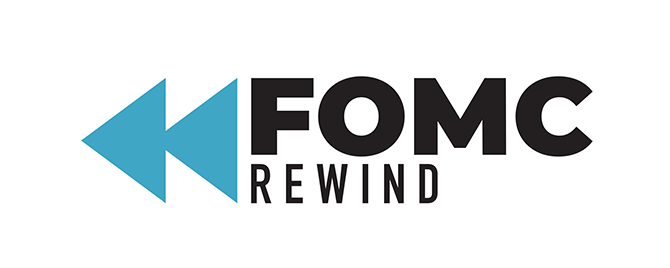The Fed wrapped up an extensive review of its monetary policy strategy, tools, and communication practices with an update to the long-term goals for employment and inflation. What does that mean for you? Let’s rewind.
Inflation goals
Employment goals
Transcript
Part 1: Inflation goals
Ellen: Hey there! Why is the Fed trending right now?
Renuka: Oh yeah, they adjusted how they target inflation
Ellen: Target inflation? What does that mean?
Renuka: It’s a way to think about how to keep prices stable
Renuka: That’s one of the Fed’s main goals
Ellen: So what’s the target?
Renuka: For years the Fed has aimed for 2% inflation
Renuka: But it’s been below that
Renuka: So they will make up for the lows sometime in the future
Ellen: How does that work?
Renuka: When inflation starts to rise, it’ll be okay if it stays a bit above target for a while
Renuka: To average out for times when it was low
Ellen: Got it. But why change now?
Renuka: The economy has changed
Renuka: So it makes sense to rethink the best way to meet the goal
Ellen: How is the economy different?
Renuka: Inflation doesn’t respond to the economy like it used to
Renuka: So it’s often below the Fed’s target
Ellen: And the change will help?
Renuka: Yeah! That way people can be sure prices will stay stable
Renuka: And that helps the economy grow
Ellen: Ah ok, thanks!
Renuka: Any time!
Part 2: Employment goals
Sean: Hey Shelby! Does the Fed have anything to do with jobs?
Shelby: Oh yeah! One of the Fed’s main goals is maximum employment
Sean: What does maximum employment mean?
Shelby: That’s something the Fed just updated
Shelby: They’ll focus on having enough jobs
Shelby: Without worrying about having too many
Sean: Why would they ever worry about too many jobs?
Shelby: A booming job market used to mean higher inflation
Shelby: But now, inflation stays low, even with a lot of jobs open
Sean: How will they know if they hit maximum employment?
Shelby: One way to think about that is
Shelby: When everyone who wants a job can get one
Shelby: The goal is to reach people everywhere
Sean: Why is that important?
Shelby: For a healthy economy, everyone needs the chance to work
Sean: Especially when things are stressed!
Shelby: Yeah, low and moderate income areas are often hit hardest
Shelby: So it’s important to make sure everyone benefits when the economy gets strong
Sean: So, why the change?
Shelby: They’ve talked to people all over the country since 2019
Shelby: So they’re acting on what they’ve learned
Sean: Interesting, thanks!
You may also be interested in:
The views expressed here do not necessarily reflect the views of the management of the Federal Reserve Bank of San Francisco or of the Board of Governors of the Federal Reserve System.
